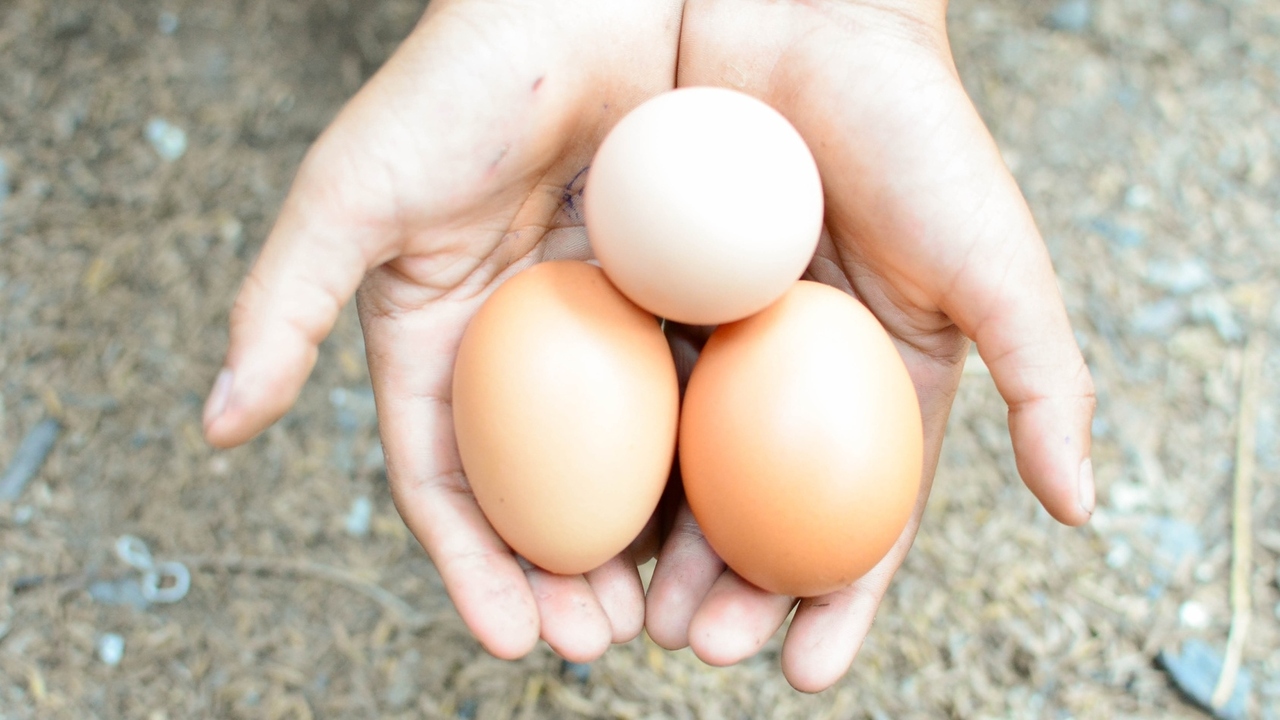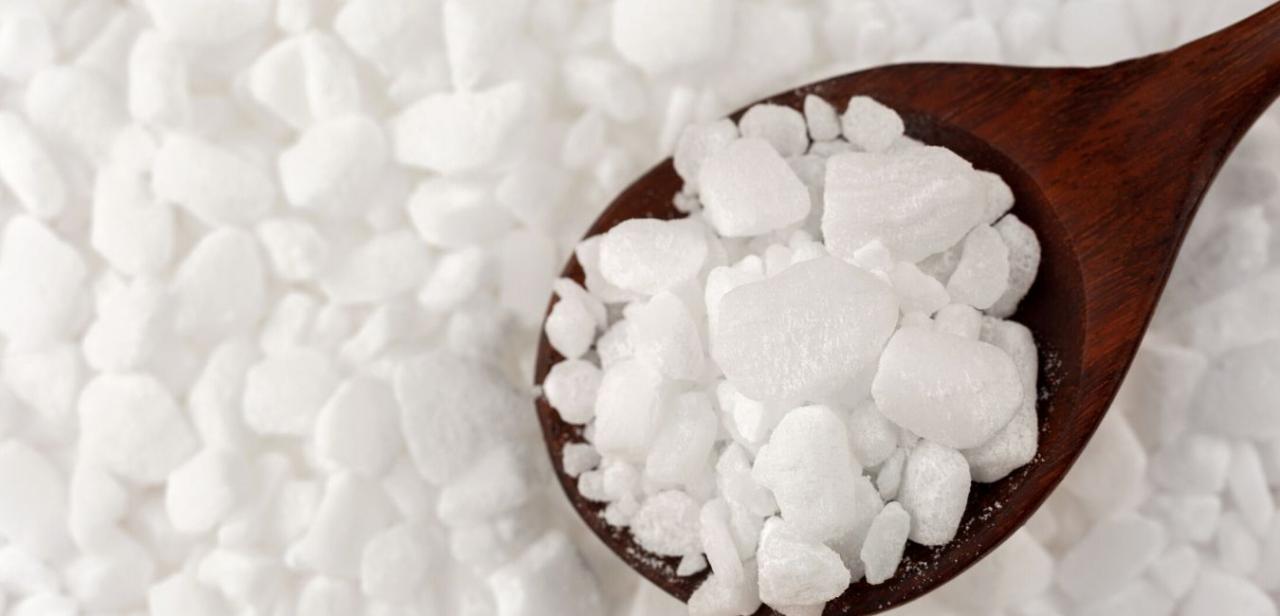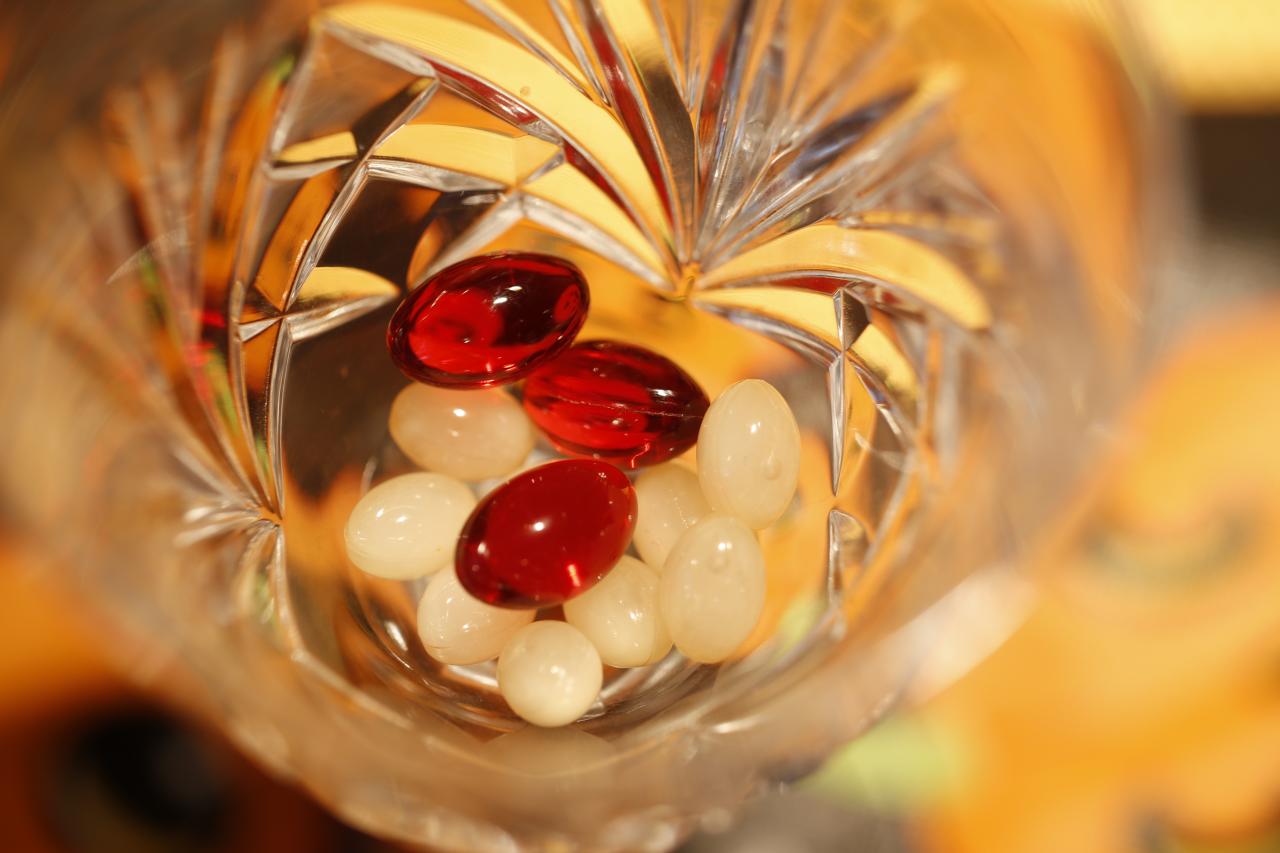 sawitreelyaon/Fotolia
sawitreelyaon/Fotolia
Quality protein consumption is an important part of a healthy diet because it makes up the building blocks for the human body known as amino acids.
In order to prevent malnutrition and possible disease, there are nine essential amino acids that must be obtained through food: phenylalanine, valine, threonine, tryptophan, methionine, leucine, isoleucine, lysine and histidine.
There are seven conditionally essential amino acids which are cysteine, proline, glutamine, serine, taurine, tyrosine and arginine. They are only needed depending on someone’s age or disease state. Your body needs higher levels of them during those times.
The other five are alanine, aspartic acid, asparagine, glutamic acid and glycine. They are considered non-essential as the body can make them on its own.
It is generally recommended that the average active woman over 19 years old needs about 46 grams of protein daily, while men need 56 grams. The United States Department of Agriculture reports that for women, this is about 5-5.5 ounce equivalents and for men, it’s about 5.5-6.5 ounce equivalents daily.
The USDA states that 1 ounce of meat, poultry or fish is equivalent to ¼ cup cooked beans, or one egg, or 1 tablespoon of peanut butter, or ½ ounce of nuts or seeds. Therefore if someone has two eggs for breakfast, that is 2 ounces of protein.
High-protein diets have long been followed for overall health and weight loss purposes. We've seen the Atkins diet which became initially popular in the 1970s and then revamped in the early 2000s, and more recently the currently popular Paleo diet has arrived on the scene.
Here are 10 high-protein foods to consider adding to your meal planning rotation. Please make adjustments for any dietary restrictions.
1) Lean chicken breast – 3.5 ounces contains about 24 grams of protein
2) Fish – 3.5 ounces contains between 20-25 grams of protein
3) Cottage Cheese – 3.5 ounces contains about 12 grams of protein
4) Eggs – Depending on the size, an egg has between 4-6 grams of protein
5) Tofu – ¼ of the block has 5-6 grams of protein
6) Almonds – 1 ounces (about 22 almonds) contains 6 grams of protein
7) Venison – 3.5 ounces has 30 grams of protein
8) Sunflower butter – 2 tablespoons contains 18 grams of protein
9) Brown rice – 1 cup has 5 grams of protein (1 cup of white rice has about 4 grams
10) Goji Berries – ¼ cup contains 3 grams of protein
If you are looking to add more protein to your diet, then look no further than the list above! Be careful with protein powders that contain a lot of preservatives, extra unnecessary additives and sugar or other sweeteners that are likely not that healthy.
If you would like more direction, consider talking with your health care provider, a registered dietitian, or a nutritionist for greater options.
Reviewed March 9, 2016
by Michele Blacksberg RN
Edited by Jody Smith
1) Harvard School of Public Health. (2016). Protein.
http://www.hsph.harvard.edu/nutritionsource/what-should-you-eat/protein
2) Howmuchprotein.com (2009). List of High Protein Foods.
http://www.howmuchprotein.com/foods
3) Otten J, Hellwig J, and Meyers, L. (n.d.) Dietary Reference Intakes: The Essential Guide to Nutrient Requirements.
http://fnic.nal.usda.gov/sites/fnic.nal.usda.gov/files/uploads/DRIEssentialGuideNutReq.pdf
4) United States Department of Agriculture, Choose My Plate. (2016). What Foods are in the Protein Foods Group?
http://www.choosemyplate.gov/protein-foods





Add a CommentComments
There are no comments yet. Be the first one and get the conversation started!